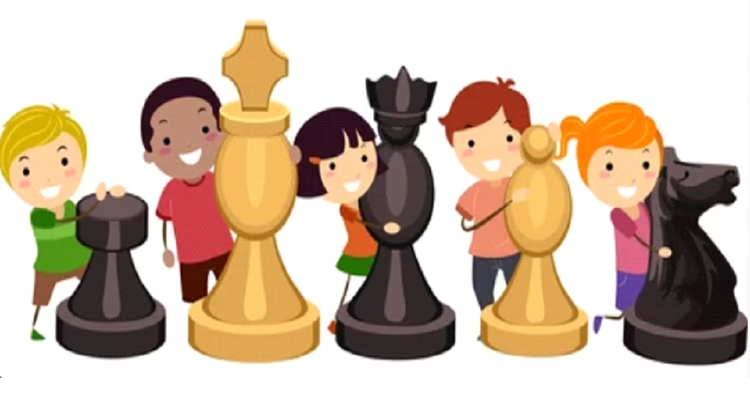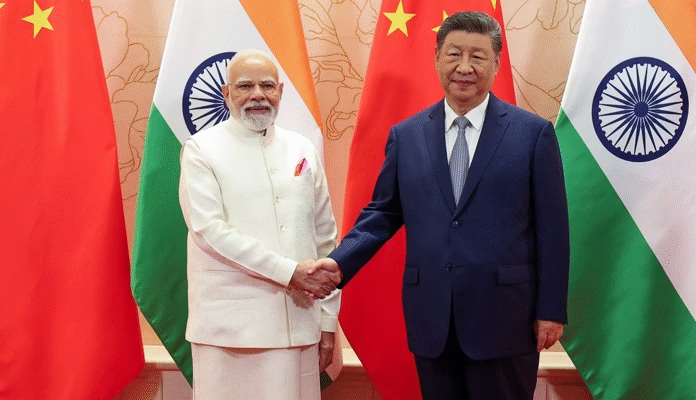
 July 20 is celebrated globally as International Chess Day, also known as World Chess Day. It commemorates the founding of the International Chess Federation (FIDE), established on this day in 1924 in Paris, France. The occasion is marked by celebrations from among the world’s 605 million regular chess players, who honour a game that transcends borders and unites cultures.
July 20 is celebrated globally as International Chess Day, also known as World Chess Day. It commemorates the founding of the International Chess Federation (FIDE), established on this day in 1924 in Paris, France. The occasion is marked by celebrations from among the world’s 605 million regular chess players, who honour a game that transcends borders and unites cultures.
Chess is one of the most ancient and intellectually enriching games, blending sport, science, and art. Revered for its deep strategic elements, it is also celebrated for its inclusivity — playable anywhere and by anyone, regardless of age, gender, language, physical ability, or social background.
A Rich and Royal Legacy
Often referred to as the “Game of Kings,” chess was once the domain of royalty and nobility. Its origins can be traced back to ancient India, where a form of the game called Chaturanga was played. As it spread to Persia, the Sanskrit term “rajah” for king evolved into the Persian “shah”, which later gave rise to the English terms “chess” and “check”, via the French word échec.
Over centuries, chess has crossed borders and cultures — from India to Persia, then to the Arab world, and eventually into Southern Europe, becoming an integral part of global cultural history.
FIDE and the Global Chess Community
The celebration of World Chess Day also acknowledges the critical role played by FIDE, the game’s governing body, in promoting international cooperation and fostering a global chess culture. Under FIDE’s leadership, chess has become more than just a game — it’s a movement that promotes education, equality, and peace.
Chess is a universal language. It breaks barriers of class, culture, and communication, bringing people together at the same table to engage in one of the most mentally stimulating games ever created.
Legends, Records, and Innovations
Chess history is filled with legendary figures. Wilhelm Steinitz, the first official World Champion, is considered the “Father of Modern Chess” for his scientific approach and contributions to opening theory. Dr. Emanuel Lasker, another chess titan from Germany, holds the record for the longest reign as World Champion — 26 years and 337 days.
From India, Viswanathan Anand has brought immense pride by winning the World Chess Championship in all three formats — knockout, tournament, and match — making him one of the most versatile champions in chess history.
Chess also influenced the world of technology. Alan Turing, the father of modern computing, developed the first chess-playing algorithm in 1951, even before computers could effectively process it. Turing manually simulated the algorithm’s moves, showcasing how chess and computing have long shared a strong connection.
A Game of Mental Fitness and Creativity
Chess is not just a pastime — it’s a mental gymnasium. It sharpens concentration, memory, problem-solving skills, creativity, and decision-making abilities. Studies show that playing chess regularly improves cognitive function and promotes a healthy, active mind across all age groups.
Today, nearly every city boasts chess clubs where enthusiasts gather to compete, learn, and grow in the game. Chess continues to be one of the most respected and peaceful sports worldwide, offering a productive and meaningful way to spend leisure time.
Whether you’re a grandmaster or a beginner, chess remains a game that challenges the intellect, cultivates patience, and celebrates the human mind. So this International Chess Day, pick up a board, make your move, and be part of a tradition that has shaped minds and history for over a millennium.
(Written by Vinod Chandrashekhar Dixit)


